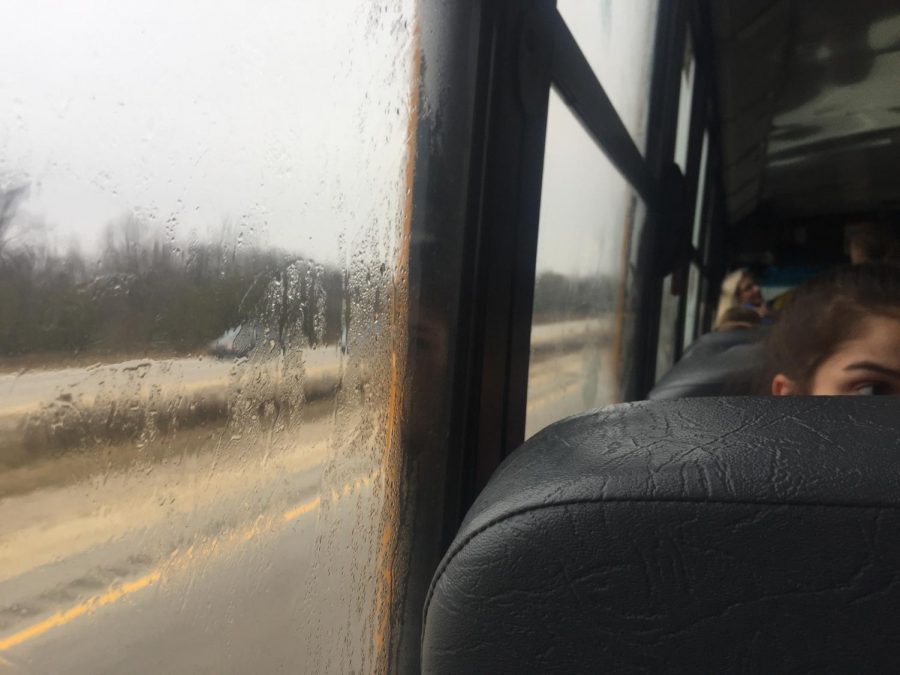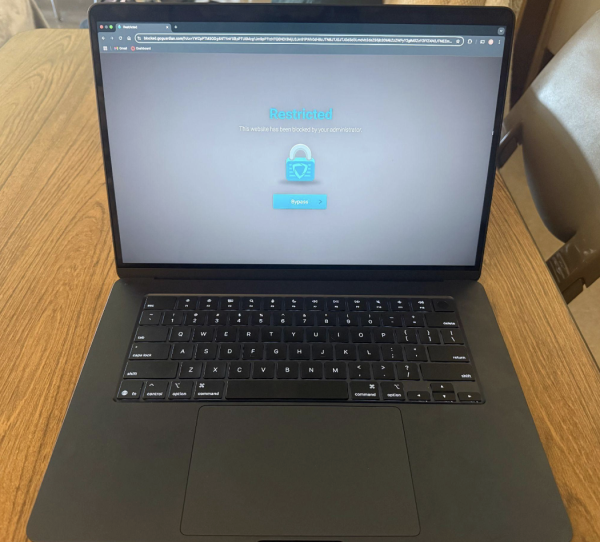The buzz on vaping
Originally considered a safer alternative to cigarettes for addicted smokers, vaping has now rapidly become a new way for teens to become hooked on nicotine.
The first vape to hit the market in 2007 was intended as a safer escape for smokers to wear themselves off of nicotine. Vape has been found to be significantly safer than cigarettes due to the fewer harmful chemicals in its vapors; however, vape offers significant health risks to non-cigarette smokers. Cigarettes typically contain four to 14 mg of nicotine while vape contains roughly 14 to 18 mg of nicotine, making it much more addictive, according to nicvape.com.
Fast forward to 2017, and the Centers for Disease Control and Prevention (CDC) has determined that roughly 2.39 million teens nationwide are vaping on a weekly basis. An oneHomestead student confessed: “Pretty much my entire friend group does it. Anytime we hang out on the weekends everyone has their Juuls with them.”
Because nicotine is such an addictive drug, many students bring vapes, Juuls, or other similar products so they can get their fix during the school day: “I started doing it because it seemed cool, and I liked the buzz I could get off of it. I very quickly became addicted, now I bring my Juul with me to school almost every day” the student said.
In an interview for Boston University, pulmonologist Dr. Avrum Spira said: “We’re not saying that e-cigarettes cause cancer. We can’t say that based on this data. What we’re saying is that we have evidence from cells in culture that e-cigarettes could have effects that are similar to tobacco smoking and that many more studies are needed before we can say this is a much safer product.”
Homestead’s administration is also very concerned with students’ health and safety. In an interview with Mrs. Kari Lutter, Assistant Principal at Homestead, Lutter said: “What’s most concerning to me is that students are willing to not only break school rules but the law as well.”











Stacey Murray • Nov 14, 2017 at 8:27 pm
The media and tobacco companies are targeting the youth to sell these devices to make up for the loss in the cigarette industry. They sell fruit flavored juices to attract the youth. E-cigarettes/vaping can be very dangerous! Theses devices and vape juices are not regulated, therefore the user is not aware of what is in them. They can differ greatly. In the 1950’s, people thought that cigarettes were not harmful and some even proclaimed that they were beneficial. Now we know they cause cancer. We don’t know the consequences of vaping today, but may find out later that they are very harmful. Why take the chance??
Students need to know the whole story!!